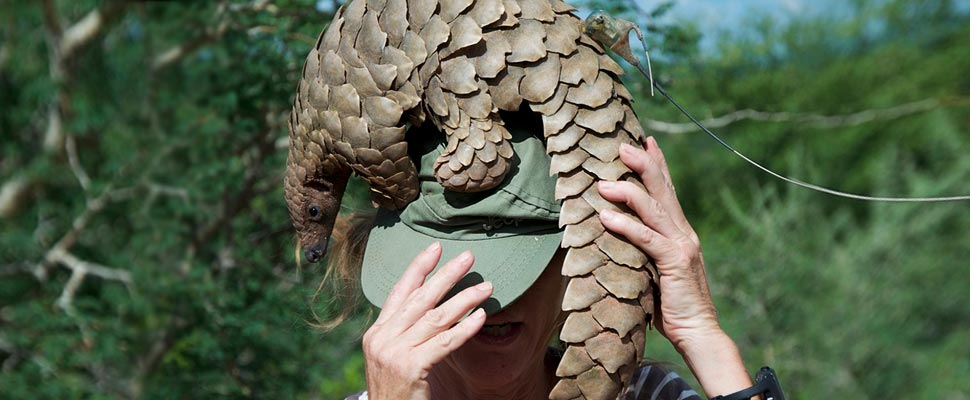Avoiding illegal wildlife trafficking can prevent pandemics
A new UN study calls for stopping the illegal trafficking of wildlife in the world to prevent disease and pandemics.

The Woman Post | Maria Lourdes Zimmermann
Listen to this article
Zoonotic diseases represent up to 75 percent of all emerging infectious diseases and include the new coronavirus that caused the global pandemic.
Increasingly frequent animal-to-human interactions increase the likelihood of pathogen transmission between the two species, and illegally achieved wildlife is outside of any sanitary control and exposes humans to the transfer of new viruses.
“Transnational organized crime networks are reaping the profits of wildlife crime, but it is the poor who are paying the price,” said Ghada Waly, Executive Director at the UN Office on Drugs and Crime (UNODC), which produced the report.
Nearly 6,000 species were seized over the past decade, which includes mammals but also reptiles, corals, birds, and fish.
No single country was identified as the source of more than 9 percent of the total number of seized shipments. At the same time, suspected traffickers represented roughly 150 nationalities, underscoring the global nature of these crimes.
The report highlights the trafficking of wild species such as pangolins, which have been identified as a potential source of coronaviruses.
Seizures of pangolin scales increased tenfold between 2014 and 2018, making them the most trafficked wild mammals in the world.
Experts from the World Health Organization (WHO) are on their way to China, in efforts to determine the animal source of COVID-19.
Illegal tropical wood on the rise
The report also analyzes markets for illicit rosewood, ivory, rhino horn, pangolin scales, live reptiles, big cats, and the European eel.
Between 2009 and 2013, the most trafficked tree species were rosewood (40.7% of seizures), ripped from their woods from the intertropical and subtropical zones of Africa, America, and Asia. Elephants ranked second with 33.1%, followed by rhinos with 5.5%, mixed reptiles with 4.3%, and pangolins with 4%.
In recent years, pangolin and rhino traffic has increased by 13.9% and 11.8%, respectively, while elephants have decreased by 30.6% and rosewood by 31.7%. Other animals, such as sea and freshwater turtles, corals, cats, parrots, and corals, are also among the most seized.
Poaching, trafficking, and illegal movement of large volumes of various protected species and their derived products across regional, national and international borders continue unabated. In 2019, and the first half of 2020, several vital seizures of ivory, rhino horn, pangolin, and rosewood have also been seen.
Also read: New estimates highlight global economic and environmental impacts of COVID-19
UNODC cautions that it also sees a geographic consolidation of trafficking routes, with Nigeria and Vietnam emerging as critical sources, shipments, and transit countries.
Wildlife trade has also gone digital, with traffickers selling live reptiles and tiger bone products, among others, through online platforms and encrypted messaging apps.
UNODC believes stopping wildlife crime is critical to protecting biodiversity and the rule of law, but also for preventing future public health emergencies.
The report outlines the need for more robust criminal justice systems and improved international cooperation and cross-border investigations, among other measures.
The science is precise that if we keep exploiting wildlife and destroying our ecosystems, then we can expect to see a steady stream of these diseases jumping from animals to humans in the years ahead,” said UNEP Executive Director Inger Andersen.
“Pandemics are devastating to our lives and our economies, and as we have seen over the past months, it is the poorest and the most vulnerable who suffer the most,” she added. “To prevent future outbreaks, we must become much more deliberate about protecting our natural environment.”




